Publications
Articles, publications, books, tools and multimedia features from the U.S. Institute of Peace provide the latest news, analysis, research findings, practitioner guides and reports, all related to the conflict zones and issues that are at the center of the Institute’s work to prevent and reduce violent conflict.
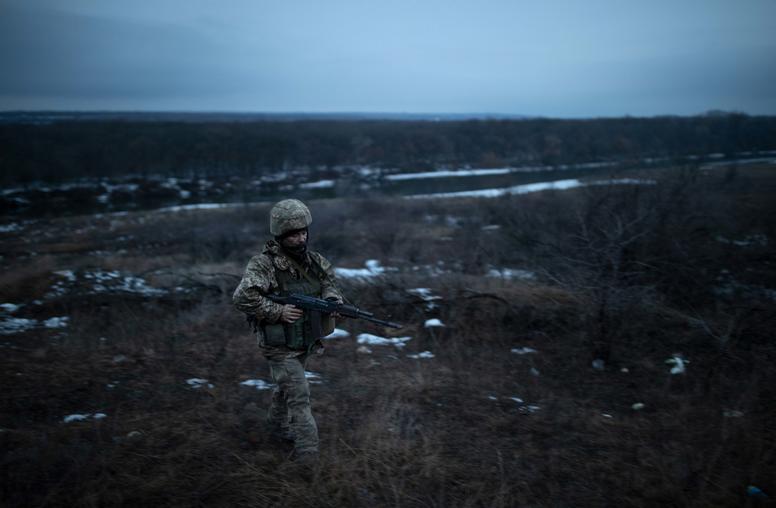
How Territorial Issues Could Impact Security Guarantees to Ukraine
In late March, the Ukrainian delegation to the Russia-Ukraine peace negotiations in Istanbul put forward a draft peace agreement. The keystone of this agreement was a mutual defense guarantee, similar to NATO’s Article 5, to protect Ukraine. Treaty-bound guarantors would come to Ukraine’s defense in the event of an attack on the country, in exchange for Ukraine’s neutrality. But it is possible that Ukraine’s borders will be altered as part of a final peace settlement. As such, states should understand the territorial issues at stake and how those issues could trigger any negotiated security guarantee mechanisms.
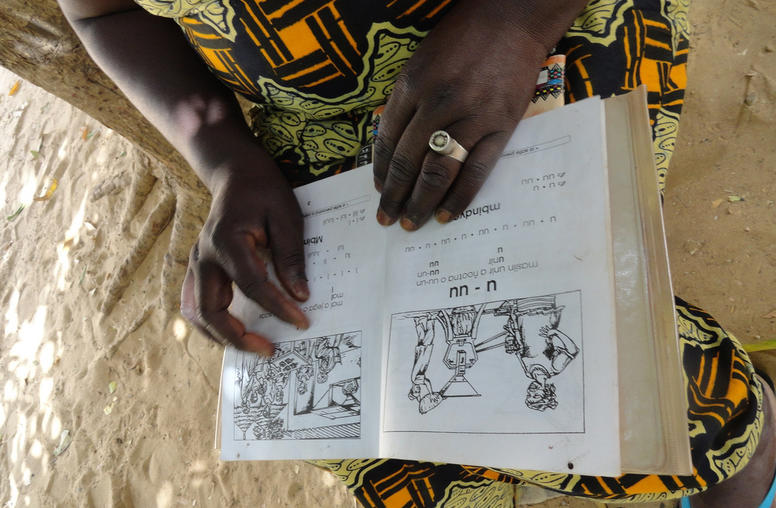
Talking to Religious Actors to Preserve Indigenous Languages
In the past, most cultural preservation efforts have focused on protecting the tangible manifestations of heritage such as buildings, worship sites and other physical items. But a 2019 U.N. resolution on the rights of Indigenous peoples emphasized the critical loss of Indigenous languages and its importance to their cultural heritage, thus mandating an international effort to “preserve, revitalize and promote Indigenous languages.”
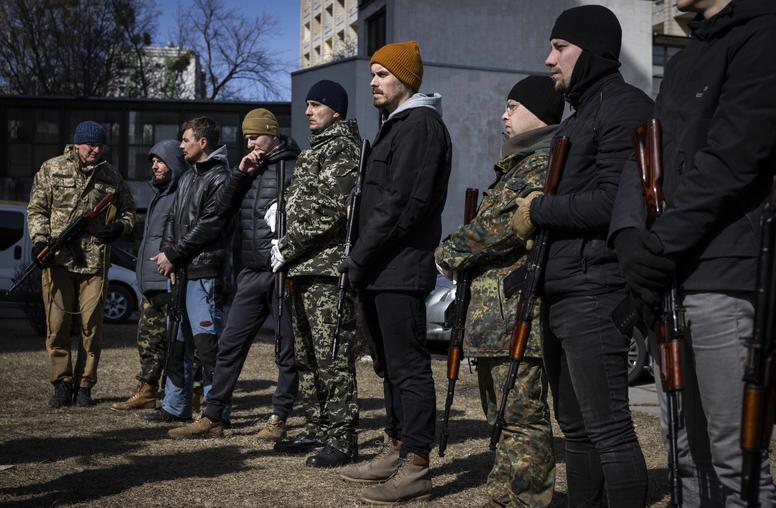
Protecting Civilians in Ukraine Now — and After the War
From the images of the people summarily executed in Bucha to the remnants of Mariupol’s bombarded theater where hundreds of civilian refugees perished, Russia’s war on Ukraine has unleashed immense suffering on the civilian population. As policymakers debate the most effective forms of support amid Russia’s new offensive in the east and southeast, Ukraine must be provided with the necessary military assistance to fend off Russian aggression. But it will be equally important to immediately start planning for the long term, preparing to offer flexible and multifaceted support to the military and civilian components of Ukraine’s security sector.
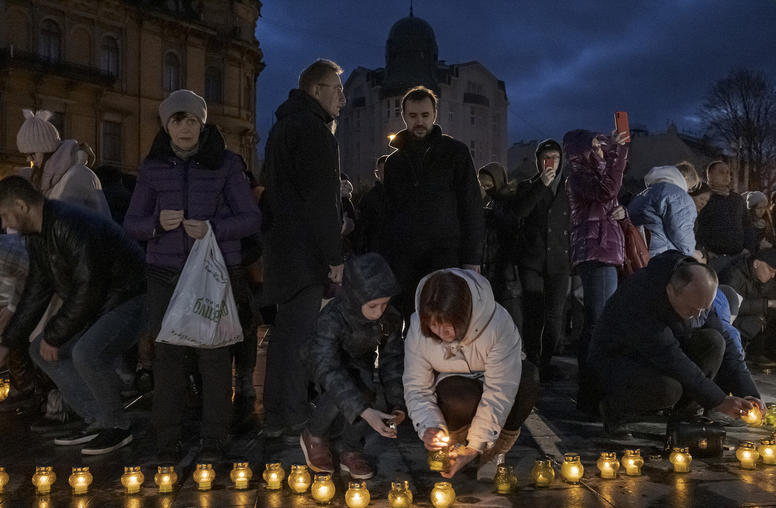
How to Achieve Accountability for Atrocities in Ukraine
Russia’s invasion of Ukraine has resulted in a remarkable alignment of international actors supporting accountability processes. The international community — states, regional bodies, civil society and the U.N. — has provided funding and expertise to the Ukrainian government and launched documentation and evidence collection efforts, fact-finding missions and criminal investigations into Russia’s invasion and the crimes committed against Ukrainian civilians. The progress made to date stands to advance the rights of Ukrainians and other vulnerable communities faced with aggressive state action. Moving forward, this united effort will require the coordination, creativity and sustained political will to ensure that perpetrators are held accountable, and that justice is delivered to victims.
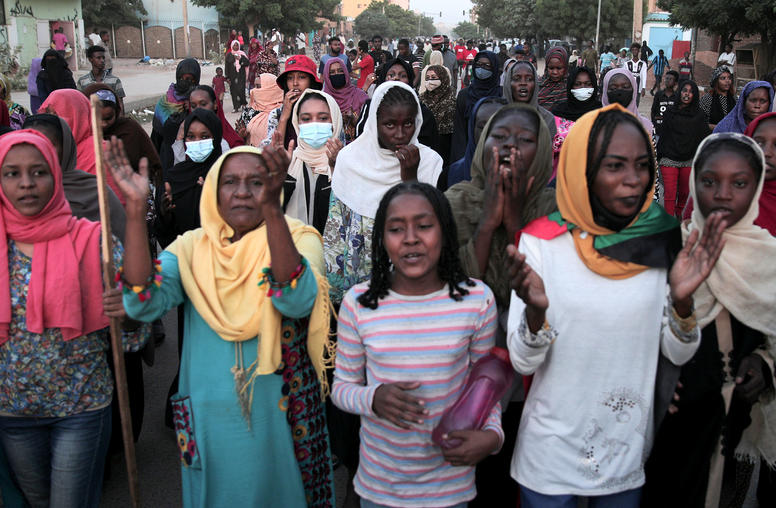
Darfur after Bashir: Implications for Sudan’s Transition and for the Region
This report examines the role of Darfur in Sudan’s domestic politics and international relations since the overthrow of Omar al-Bashir in 2019. It traces how Darfur’s importance has shifted with the growing aspirations and power of Mohamed Hamdan Daglo – more commonly known as Hemetti – and the Rapid Support Forces that he governs. It concludes by examining where Western actors may have leverage to push for both peace in Darfur and civilian rule.
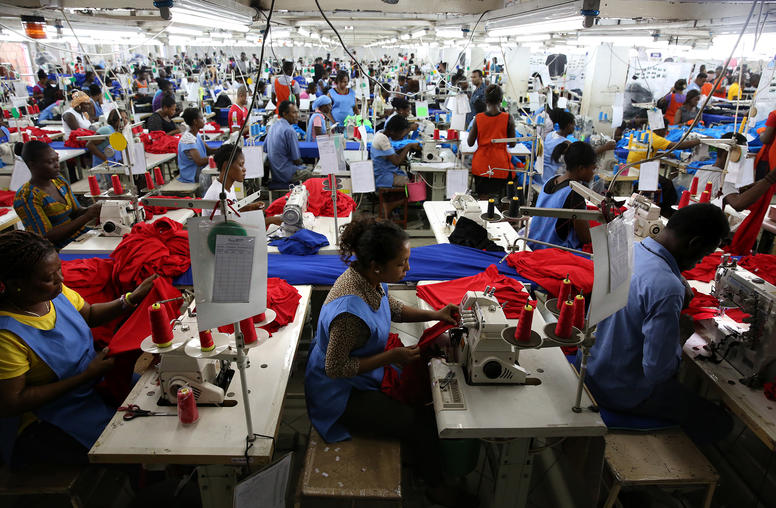
Countering Coups: In Africa, Use Investment to Build Rule of Law
Policymakers are urgently seeking ways to reverse the erosion of democracy in fragile states exemplified by the past year’s surge in military coups in and around Africa’s Sahel region. To halt this decline, it’s vital to listen to African voices urging that international partners make the most of a powerful pro-democracy tool: increased foreign investment built upon the rule of law.

Jason Tower on What the Ukraine War Means for Myanmar
As Russia withdraws resources from Myanmar to focus on Ukraine, China has filled the void by publicly supporting the junta. Meanwhile, the situation inside Myanmar continues to deteriorate, with “the military only able to hang on [to power] by using violence of tragic proportions,” says USIP’s Jason Tower.
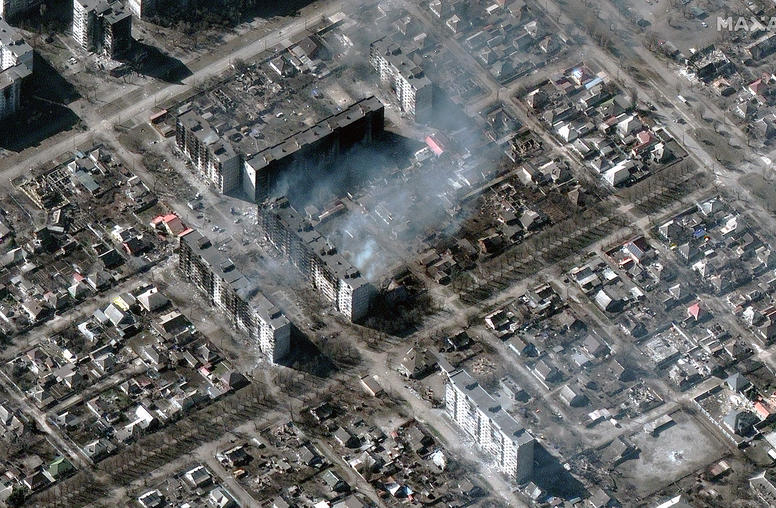
Ukraine: The Dangers in Russia’s New Offensive
After the Ukrainian armed forces defeated Russian troops, forcing them to retreat from their assault on Kyiv and northern Ukraine, Russia has concentrated its forces on eastern and southeastern Ukraine, with a notoriously brutal general now in command. These changes open a new chapter in Vladimir Putin’s assault that will be unpredictable and potentially more destructive. The humanitarian cost, notably in the besieged port of Mariupol, has grown only more calamitous. This new chapter will heighten the stakes both for aggressors and defenders—and the imperative for democracies to sustain support for Ukraine, including with longer-range weapons for its defense.
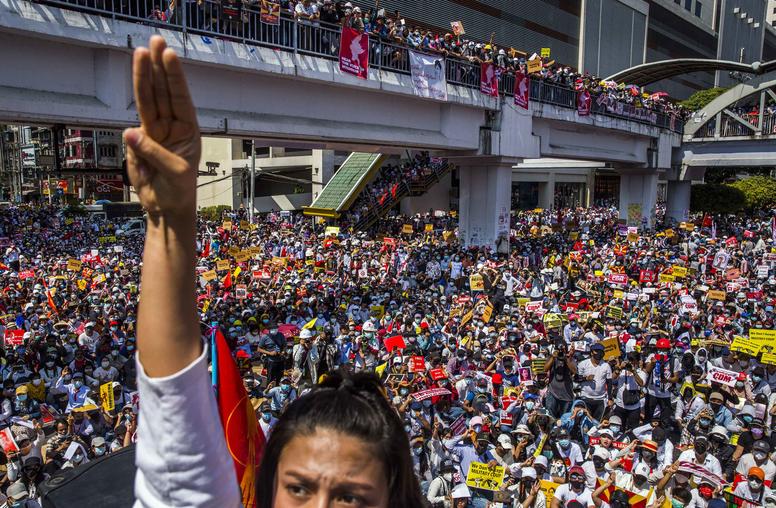
As Myanmar Coup Spurs National Resistance, a Unified Nation Could Emerge
The military’s coup in Myanmar has been a tragedy in every respect but one: It is increasingly clear that the generals’ power grab and bloody repression have united Myanmar’s diverse — and often adverse — ethnic and political groups to resist a common enemy and seek a better future. Ironically, the army, which has argued since independence that it alone can hold the country together, has inadvertently spurred a revolutionary and irreversible nation-building dialogue aimed at creating a federal democratic system and more inclusive national identity. The National Unity Consultative Committee, the platform for this dialogue, may be slow, complex and contentious, but its participants stay at the table for one reason: It offers the best opportunity to escape Myanmar’s vicious cycle of violence and authoritarian rule.
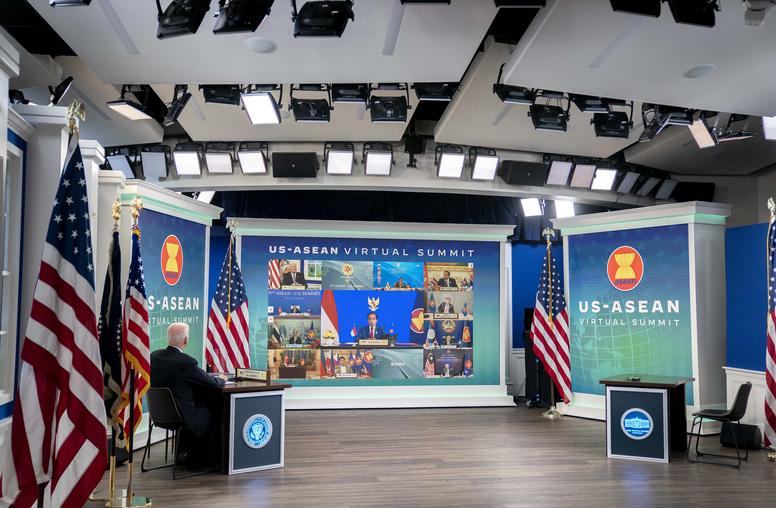
U.S.-Vietnam Partnership Goes Beyond Strategic Competition with China
When the Association of Southeast Asian Nations (ASEAN) was founded in 1967, one of its initial goals was to contain the threat of communism during the Vietnam War. It is a remarkable turn of history that 55 years later, Vietnamese Prime Minister Phạm Minh Chính is coming this year to Washington for the ASEAN leaders summit with President Biden. Vietnam’s accession to ASEAN in 1995 — the same year when Hanoi and Washington normalized relations — was the first big step of Hanoi’s “multi-directional” foreign policy. As the Biden administration identifies Vietnam as one of the key countries in its Indo-Pacific Strategy, it needs to recognize Hanoi’s preference for multilateralism in its engagement policy.